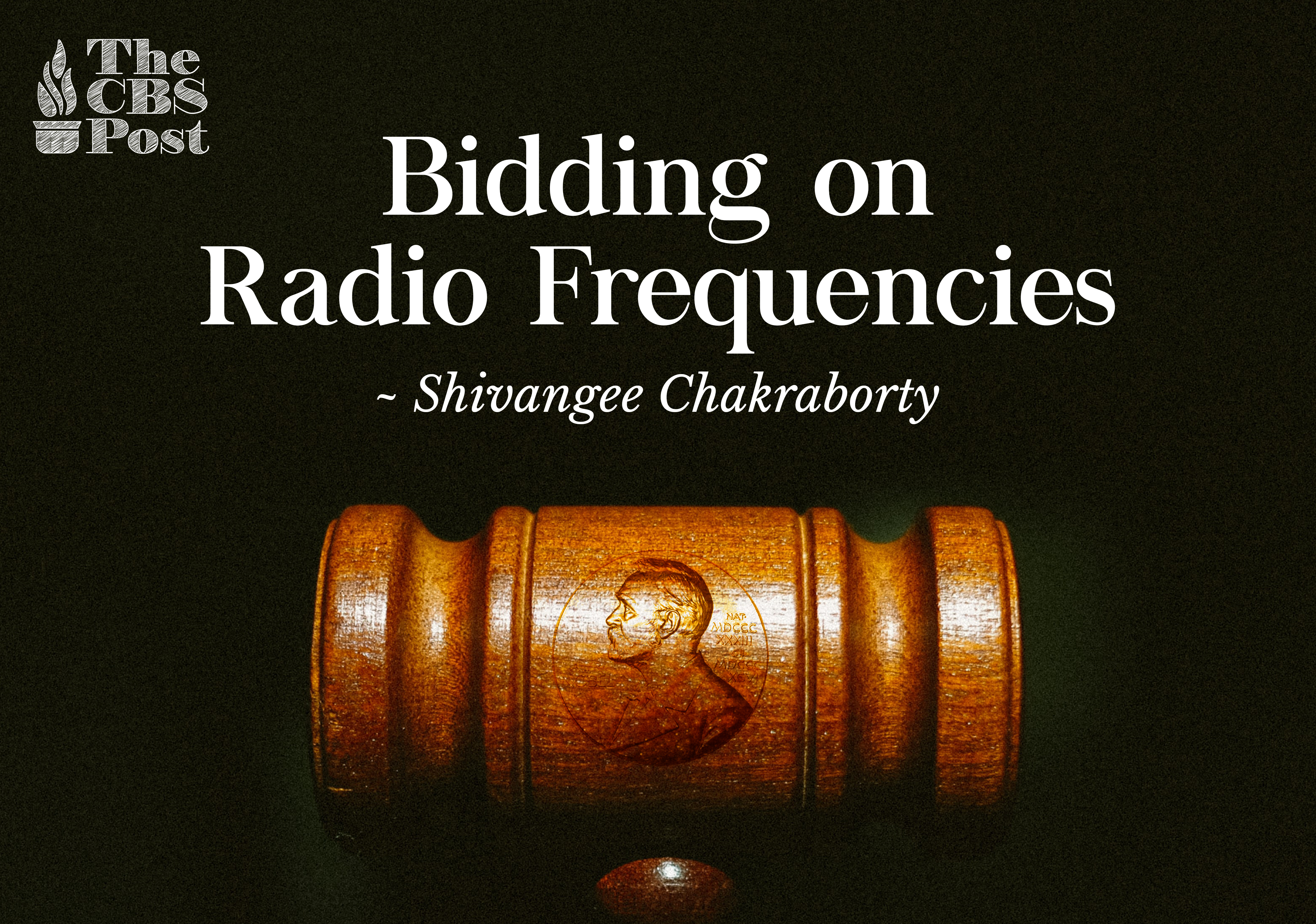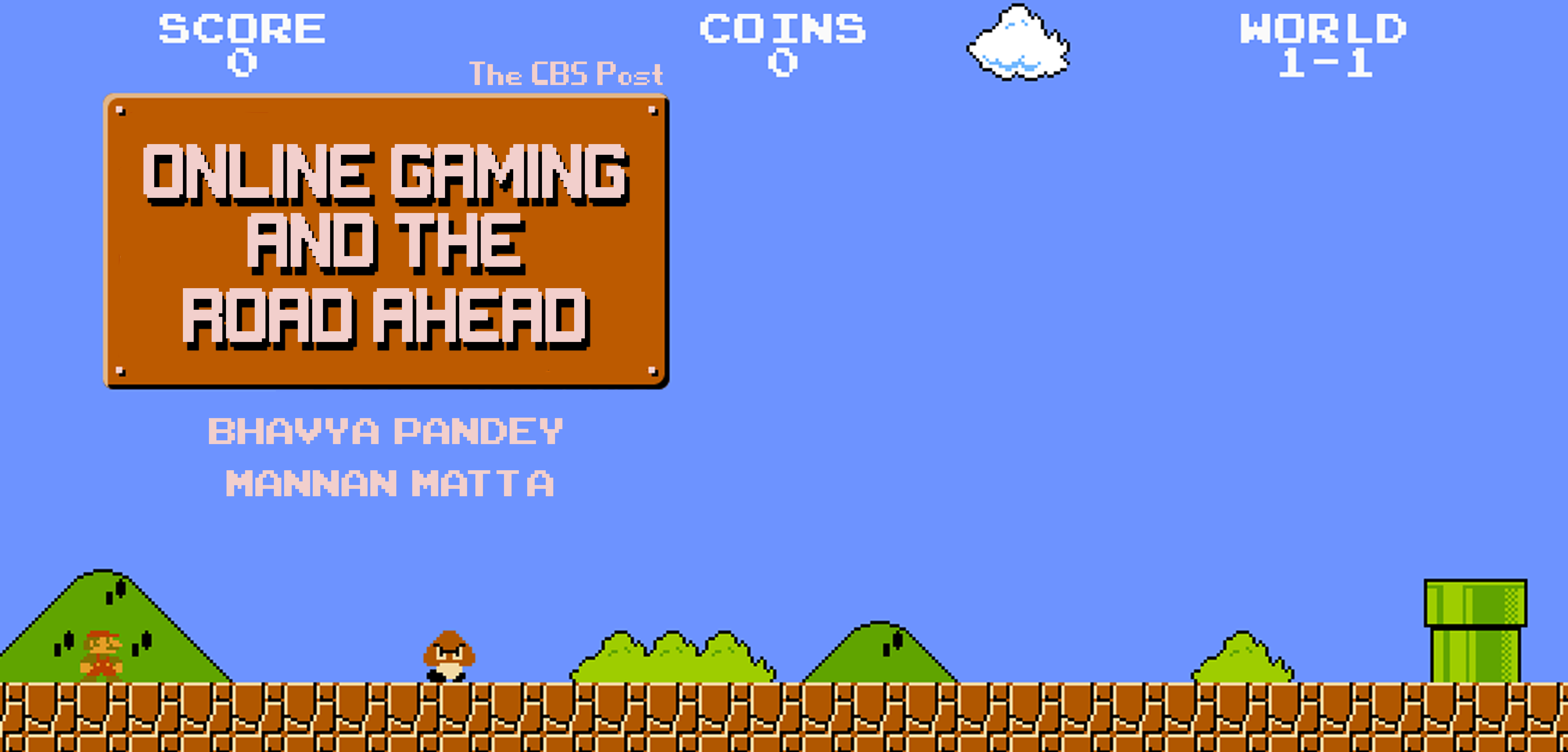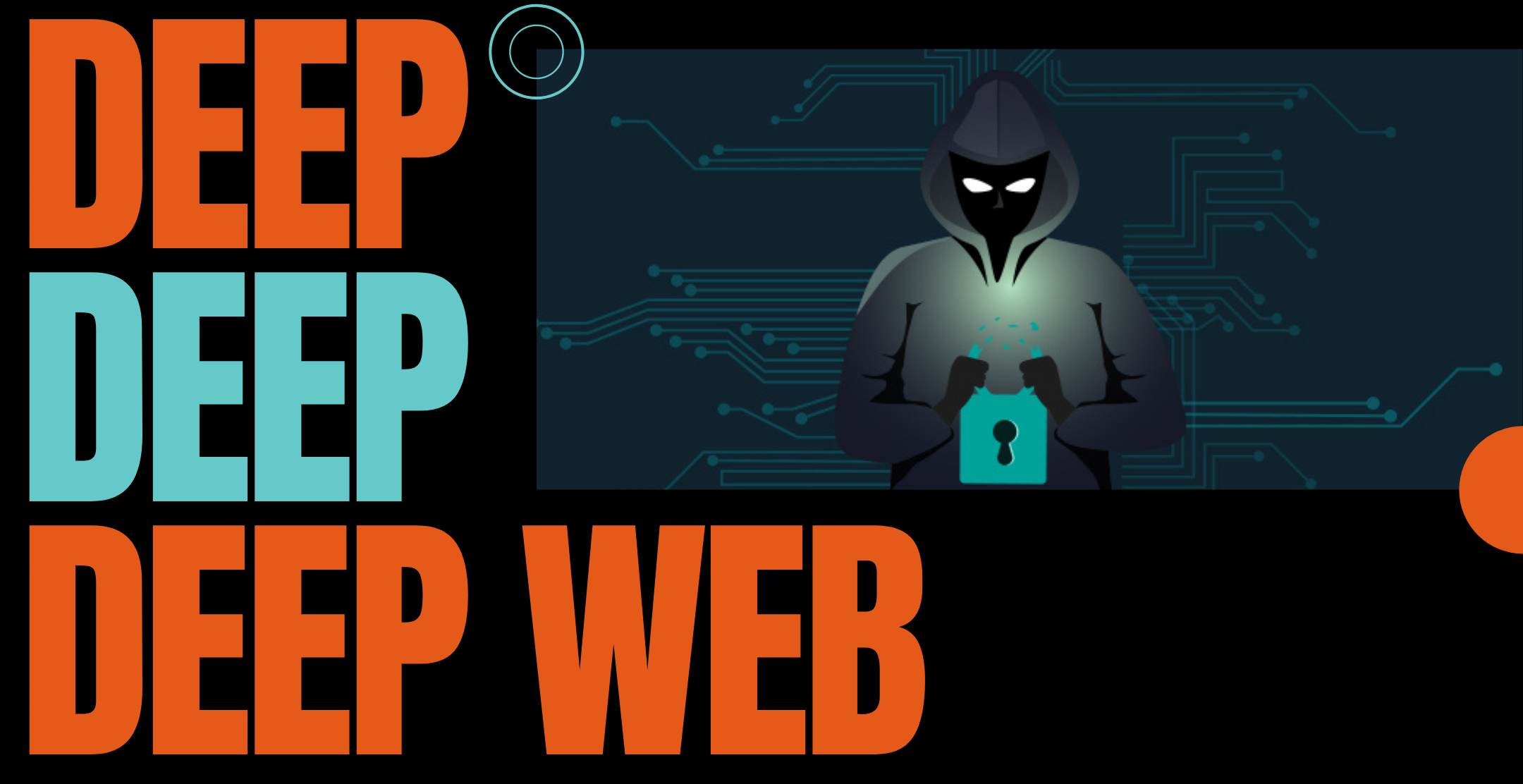Bidding on Radio Frequencies
The American economist-duo from Stanford University, Paul R. Milgrom and Robert. B Wilson won the Nobel Prize in Economics for 2020, “for improvements to auction theory and inventions of new auction formats”.
Auction Theory is an applied branch of economics which studies how auctions work and how people behave in them.
The auction formats in question have been developed specifically for goods and services which are difficult to sell in a traditional way, say, radio frequencies. This was devised as Robert Wilson theorised the auction of objects with a common value, one which is eventually the same for everyone despite being uncertain at the start. Future value of radio frequencies is a fitting example of this. Dr. Milgrom illustrated with examples of “Vickrey auction” case (1990) in a spectrum auction of New Zealand, that Dutch auctions are a better format than English Auctions (which might be a reason for aggravation of the winner’s curse).
Both Wilson and Milgrom analysed the bidding strategies at auction places and suggested what is known as the “winner’s curse”, the fear investors have of bidding above the real value, and hence, losing out in reality despite winning the auction. For this, Dr. Wilson recommended more information to be shared with the investors, so that the fear of the winner’s curse doesn’t lead to an underwhelming bid, a blow to the seller.
The reason it makes for an interesting study is that auctions are prevalent not just in conventional auction markets, but at any place where scarce resources need to be allocated. Auction theory provides a way for us to think on dimensions such as discovering the value of a resource directly through what a bidder bids and extend it to more commonplace instances such as grocery shops. There is a very minor form of auctioning that takes place in such shops, and it has a slow effect on how the market changes. This process becomes more sophisticated when the prices for minerals and spectrums are determined, which make for relatively complex goods.
States are constantly thinking about developing better procedures for the same, and the Nobel winners this time have proposed precisely along those lines. Perhaps a better way to sell spectrums and frequencies is to sell them in bundles instead of individual units as has hitherto been the norm. By designing the auction of complex goods such as these, a more efficient price discovery mechanism can be established which can earn better revenues for the auctioneer.
A question that one might wonder now, is how this study is any good for the common individual who will never bid on a good such as radio frequencies? A way to think about it is to consider the level of internet usage we do, and the tariffs we pay for it. If the State was to get the highest revenue possible, wouldn’t this be passed on to the users who will now have to pay a higher price for these “spectrums”? How will a higher spectrum price lead to economic benefit if it eventually leads to a lesser usage because of increased unaffordability? These are questions even the State can consider, strike a balance between the economics of revenue and equitable distribution of resources. After all, auction markets reflect only one, albeit important, aspect of how economies function in a broader sense and a recognition of the other face of a thriving economy – social welfare – is important.




Comments